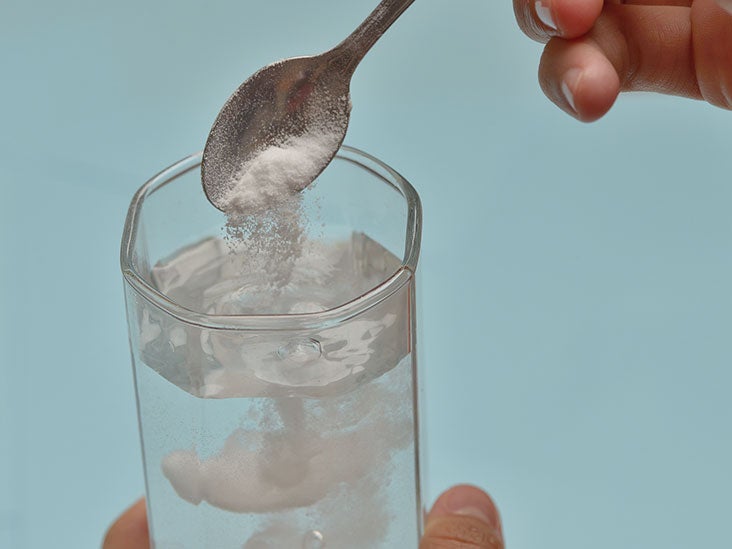By Sharon Gillson Updated on April 07, 2022
Medically reviewed by Jay N. Yepuri, MD, MS
Chronic heartburn can impact your whole life. It may interfere with your sleep. You may have to stop eating some of your favorite foods. Heartburn can even impact your work.
Chronic heartburn is often associated with gastroesophageal reflux disease (GERD). When you have this condition, stomach acid backs up into your esophagus, the tube that connects your mouth to your stomach. This can cause heartburn, a burning sensation in your chest.
You and your doctor will decide on a treatment for your GERD. Still, it is just as important to know what not to do as it is to know what to do.
This article describes 10 habits and activities that could trigger heartburn, and how to avoid them.
1 Don't Overeat
Large meals make your stomach expand. This increases upward pressure against the lower esophageal sphincter (LES). The LES is the valve between your esophagus and stomach. Increased pressure against the LES can cause heartburn.
Instead of eating three large meals a day, try eating six small meals or three small meals and three snacks.1
National Institute of Diabetes and Digestive and Kidney Diseases. Eating, diet, & nutrition for GER & GERD.
This will help keep your stomach from getting too full. It will also help prevent excessive production of stomach acid. Stomach acid is the fluid that helps you digest your food.
2 Don't Eat Too Quickly
When you eat too quickly, it is harder for your digestive system to function properly.2 Poor digestion increases your chances of getting heartburn.
Here are some things you can do to slow down while eating:
- Put your fork or spoon down between bites.
- Chew your food thoroughly before swallowing.
- Chew 20 times or count to 20 before the next bite.
- Take smaller bites.
3 Don't Eat Trigger Foods
Some foods cause heartburn. There are a couple of reasons why. Some foods relax the LES. Others can cause production of too much stomach acid.
When the LES is relaxed, food and stomach acid come back up into your esophagus. Foods that can relax the LES include:1
- Fried or greasy foods
- High-fat meats
- Creamy sauces
- Whole-milk dairy products
- Chocolate
- Peppermint
- Caffeinated drinks like soft drinks, coffee, tea, and cocoa
Foods that may stimulate acid production include:
- Caffeinated drinks
- Carbonated drinks
- Alcohol
- Spicy foods
- Citrus fruit and juices like oranges and grapefruit
- Tomato-based products
4 Don't Go Out to Eat Unprepared
It can be harder to make the right choices when eating out. That's why it's important to plan ahead. If you know what you can eat and what you should avoid, you can make better choices.
You can prevent heartburn by asking the right questions and knowing what to avoid. It is easy to eat too much at a restaurant, so watch the portion sizes.
Good choices when eating out include:
- White meat
- Lean cuts of meat3
- Sandwiches with turkey, chicken, or roast beef on whole grain bread
- Grilled foods
- Broth-based soups
- Steamed vegetables
- Baked potatoes topped with low-fat salad dressing
- Low-fat or no-fat salad dressings
- Lighter desserts, such as angel food cake
Looking at the menu before you arrive can help you make good choices. Don't be afraid to ask your server how the food is prepared.
Recap
Being careful of what you eat is a key to preventing heartburn. Avoid trigger foods, don't eat too much, and don't eat too quickly.
5 Don't Lie Down Too Soon After Eating
When you lie down, stomach contents press harder against the LES. This can trigger reflux. Some ways to avoid this include:
- Wait two to three hours after eating to go to bed.4
- Don't snack late at night.
- Eat larger meals earlier in the day. Try to make your last meal small.







/heartburn-56abb9a95f9b58b7d009dcac.jpg)



